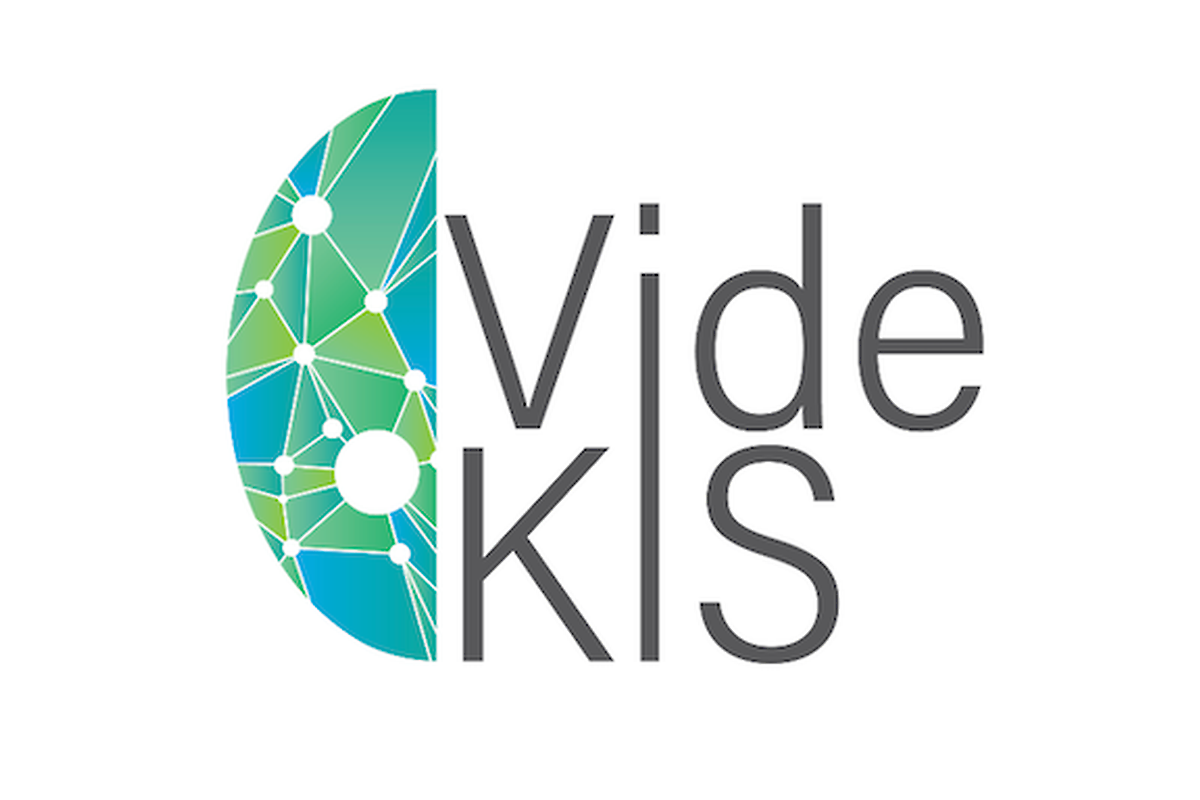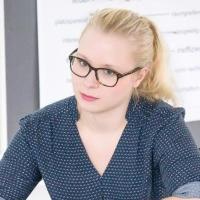22. December 2022 By Simon Bächle, Ellen Szczepaniak and Zoe Holdt
VideKIS: a year of research
For reliable and safe grid operation in future decarbonised energy supply systems, decentralised power plants, such as wind and hydropower plants, instead of nuclear or coal-fired power plants, as has been the case to date, must also provide system services, such as voltage and frequency maintenance. The participation of smaller plants in particular is often not feasible due to the regulatory and administrative requirements for system service provision, as well as the requirements currently in place. In order to enable small wind, solar and hydropower plants to access the primary control reserve market, electricity producer networks are already being combined to form a virtual power plant network.
The VideKIS research project (an integrated virtual power plant network of decentralised, small-scale plants for the AI-backed provision of system services) is set to develop a control system that will provide performance forecasts and possible portfolio compositions based on historical weather and plant data and will serve as a basis for making decisions regarding participation in the energy market.

The focus of the project is on optimal resource utilisation and ensuring efficient and reliable network operation. The integration makes it possible to collectively market electricity and adopt behaviour that is beneficial to the grid, for example by providing short-term reserves for the grid operators.
What makes VideKIS so special:
- Focus on integrating small-scale and micro power plants
- Focus on providing primary balancing power
- Cost-efficient process control using AI
The initial step to make this implementation possible is to create a technically optimised portfolio with the help of AI. This composition is then optimised for efficiency using a second AI-backed system; things such as past supply sizes, activation costs and wear and tear are relevant factors for doing so. In addition, the reliability of the forecasts is constantly increased by continuously monitoring the plant schedules and validating the combined performance forecasts of all plants.
For the conception and development of the virtual power plant, a consortium of six partners comes together, each of which bring different proficiencies and skills to the project, ensure its success and enable efficient implementation:
The Institute of Energy Systems, Energy Efficiency and Energy Economics at TU Dortmund University (Institut für Energiesysteme, Energieeffizienz und Energiewirtschaft der TU Dortmund, ie³) is one of the leading German academic institutes in the field of electrical grids, which specialises in integrating systems based on renewable energies and the resulting technical and economic issues. This is where the simulative development of the virtual power plant happens.
urban energy GmbH develops cloud and AI-based energy management systems for the optimal use of energy in cellular neighbourhoods. With bundled expertise in the fields of AI, intelligent algorithms, data science and energy economics, it delivers a combined performance forecast for all plants and creates the technical selection for pool composition.
The colleagues at adesso boast well-founded energy industry expertise that has already been fortified and proven in previous projects, particularly with regard to virtual power plants. They primarily develop marketing strategies for technical pool compositions. adesso also offers holistic IoT solutions and equips the virtual power plant with a corresponding platform along with analysis tools.
H&S Hard- & Software Technologie GmbH & Co. KG is active as a service provider for industrial companies and energy suppliers and has a portfolio that contains services and innovative products for revising and automating hydropower plants. In addition to modern and future-oriented control solutions, H&S also offers services for restoring and inspecting mechanical components. The company is also working on the decentralised control of the power plants as part of the research project.
Mainzer Stadtwerke, together with its subsidiary MEE, is strongly focused on expanding renewable energies in the solar, wind and hydropower sectors and provides power plant expertise and data in the area of operation and maintenance. The company will also provide two run-of-river power plants for the research project in order to validate models in the field.
What has happened so far?
The project started in September 2021 and will run for three years. Since then, the first work packages have been completed, simulations have been developed and final reports have been written and published. In September of this year, the consortium partners convened an initial face-to-face meeting at the Dortmund office, where they were able to compare and discuss the progress they had made and further define goals and milestones. They also visited the aforementioned run-of-river power plants together in order to be equipped to provide primary balancing power in the next step.
Not only is the project funded by the German Federal Ministry for Economic Affairs and Climate Action, but it is also supported within adesso via its innovation fund.
What happens next?
There are now around 20 employees within adesso involved in implementing the project, both from the Line of Business Utilities and from the Line of Business Data & Analytics, who are jointly developing the marketing strategies for the virtual power plant as well as the AI for business purposes. In December, all participating adessi will come together for the first time at the kick-off, which will be held on premises at adesso.
You will find more exciting topics from the adesso world in our latest blog posts.



